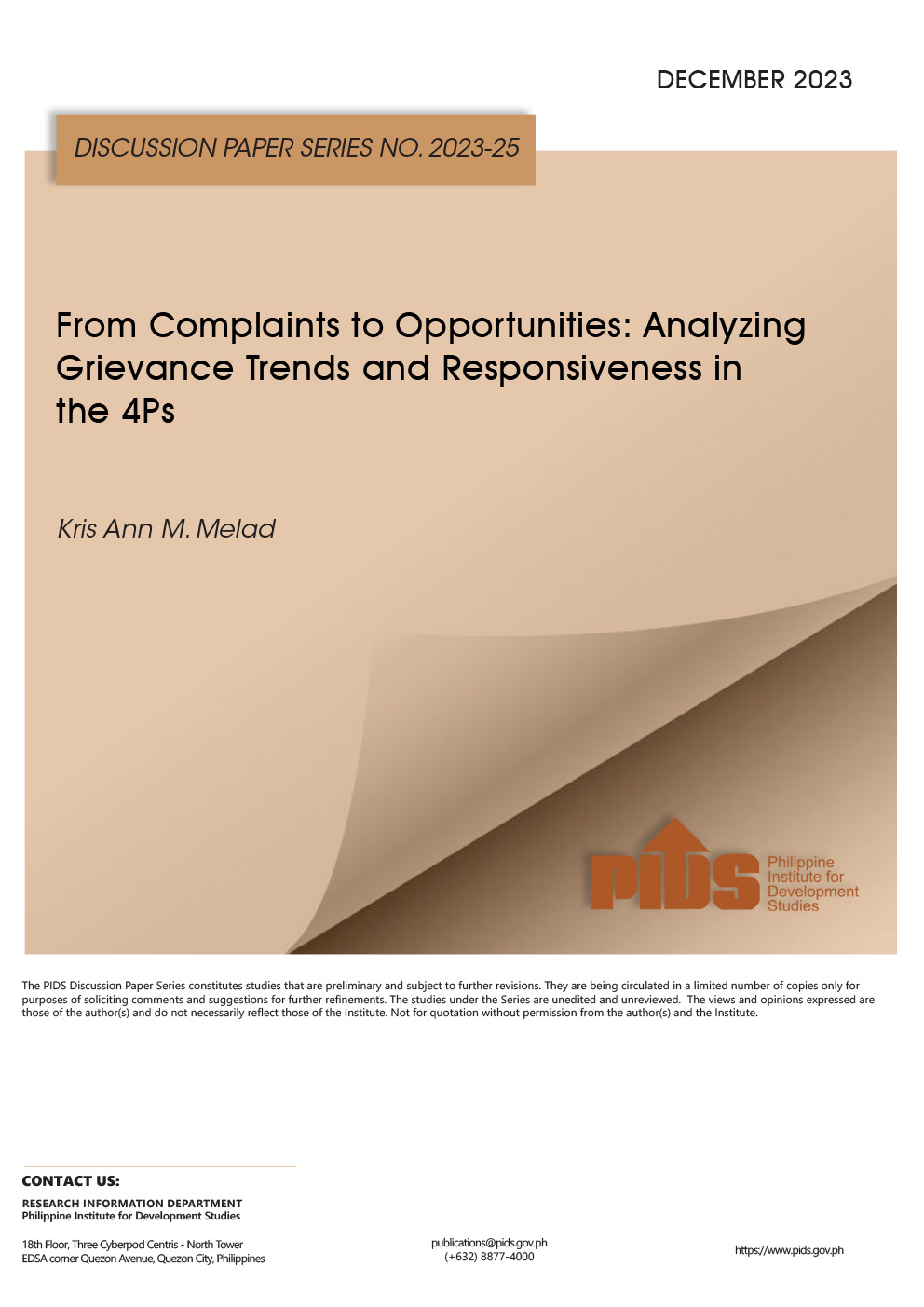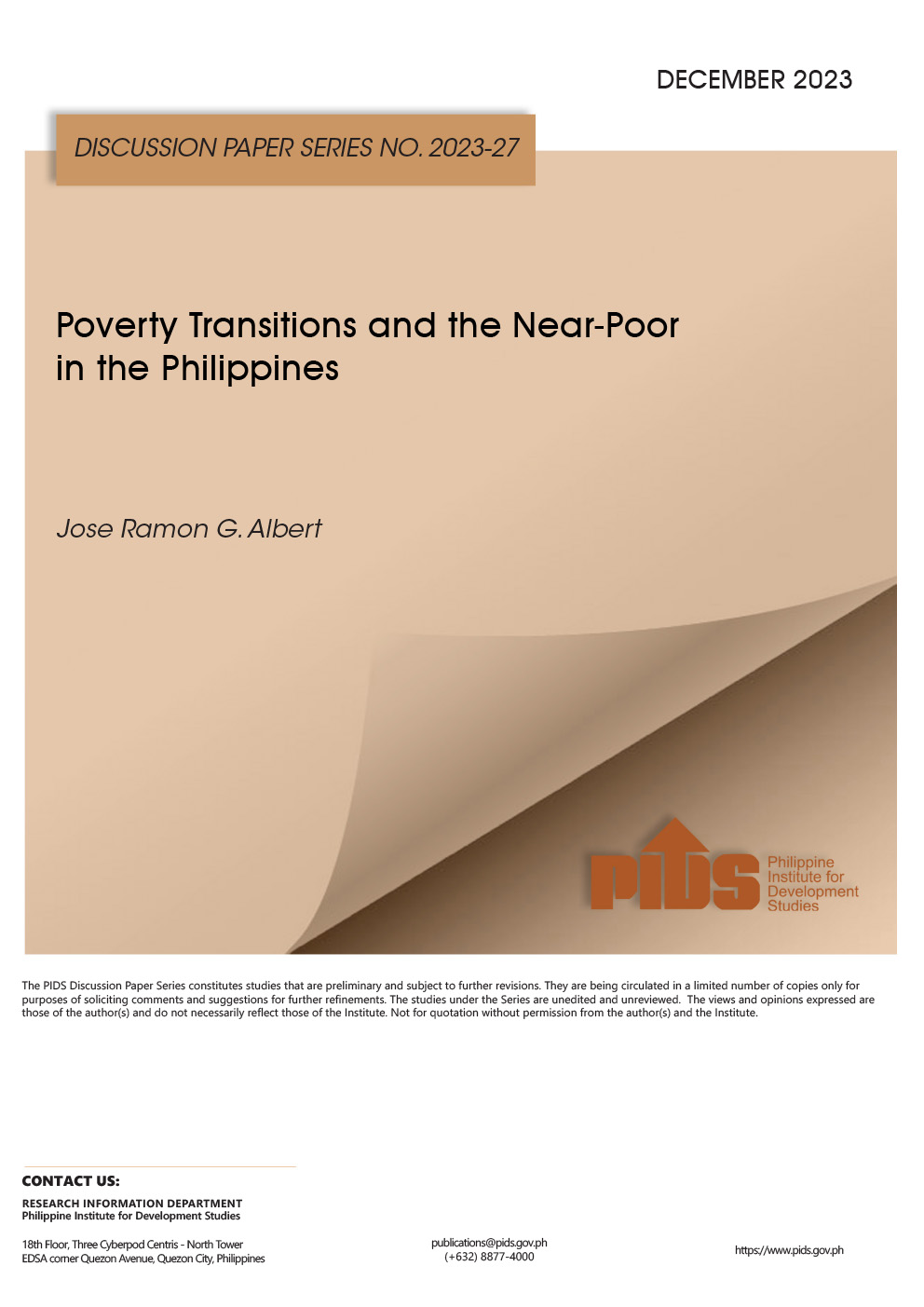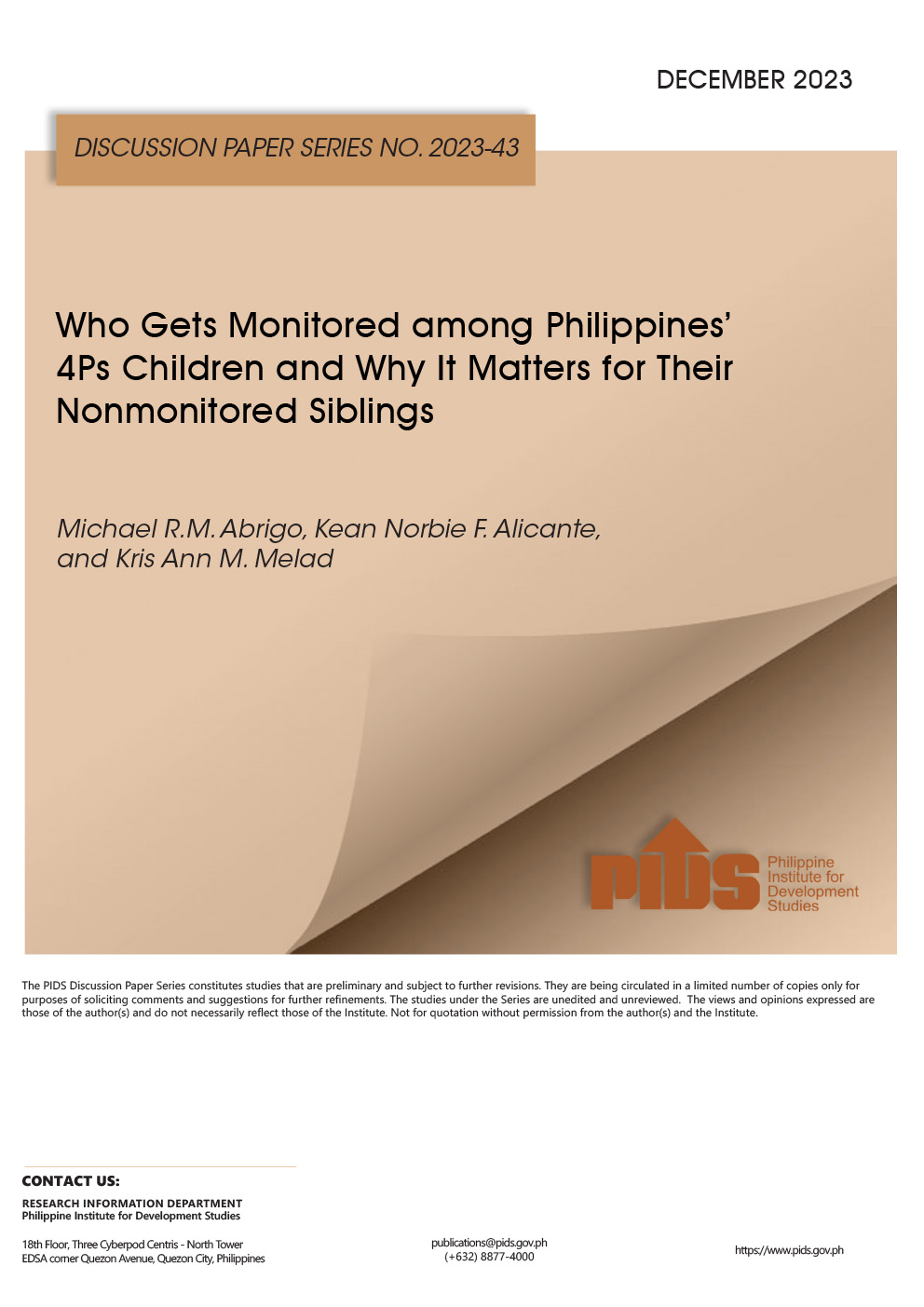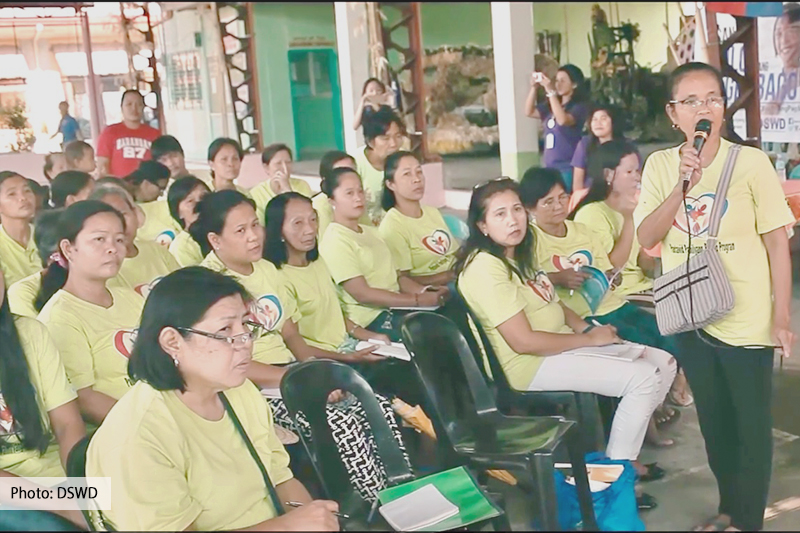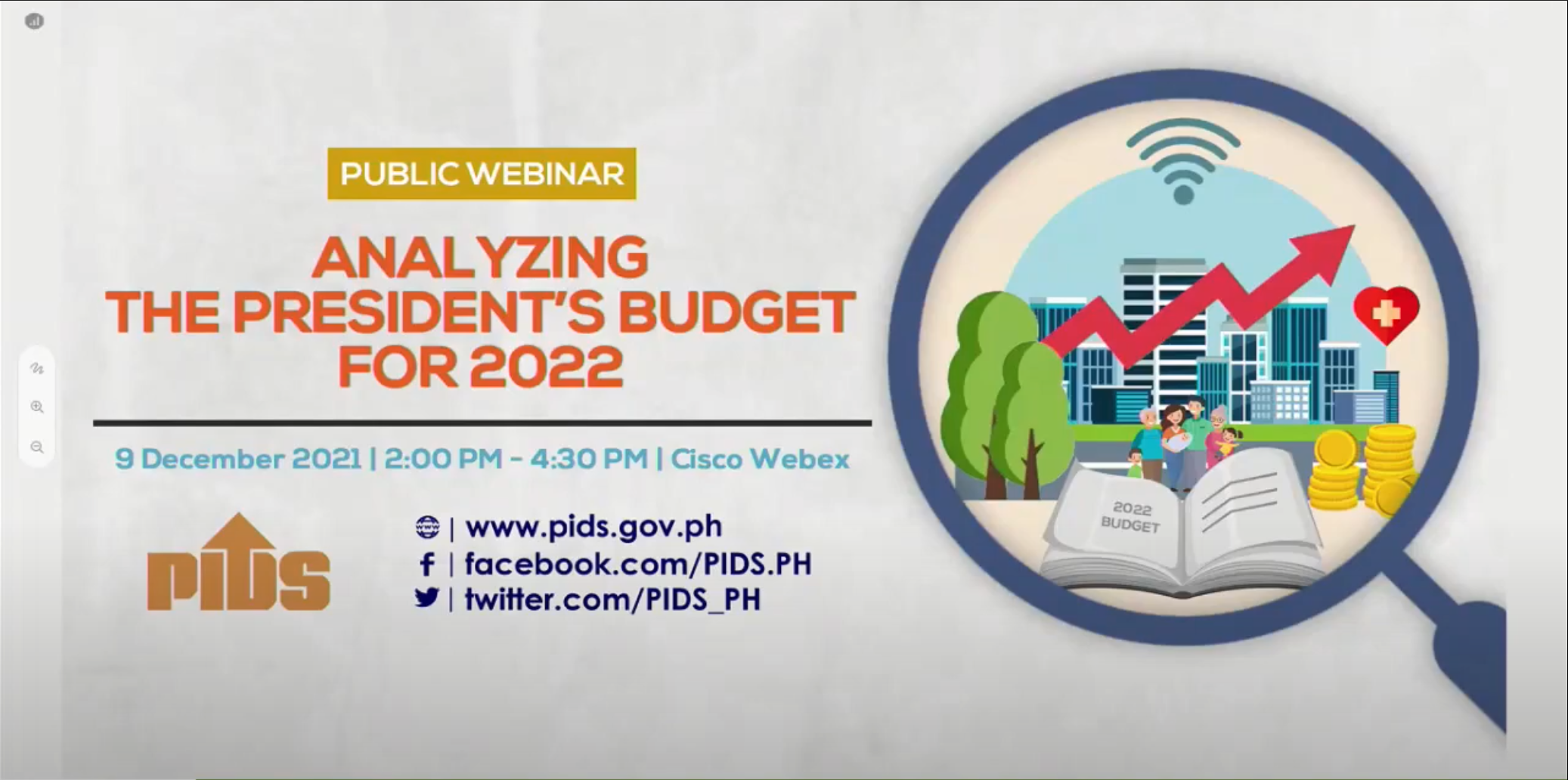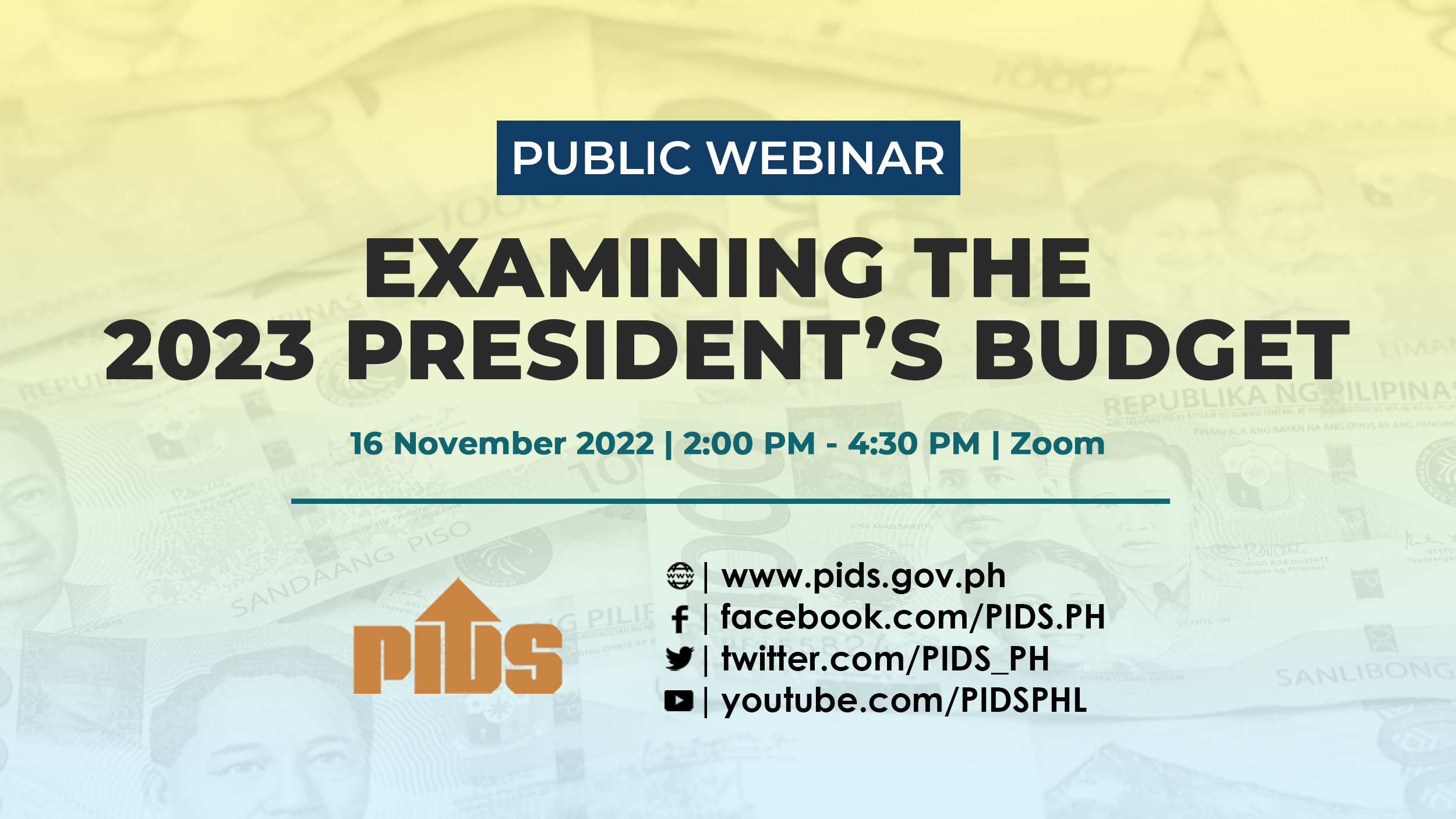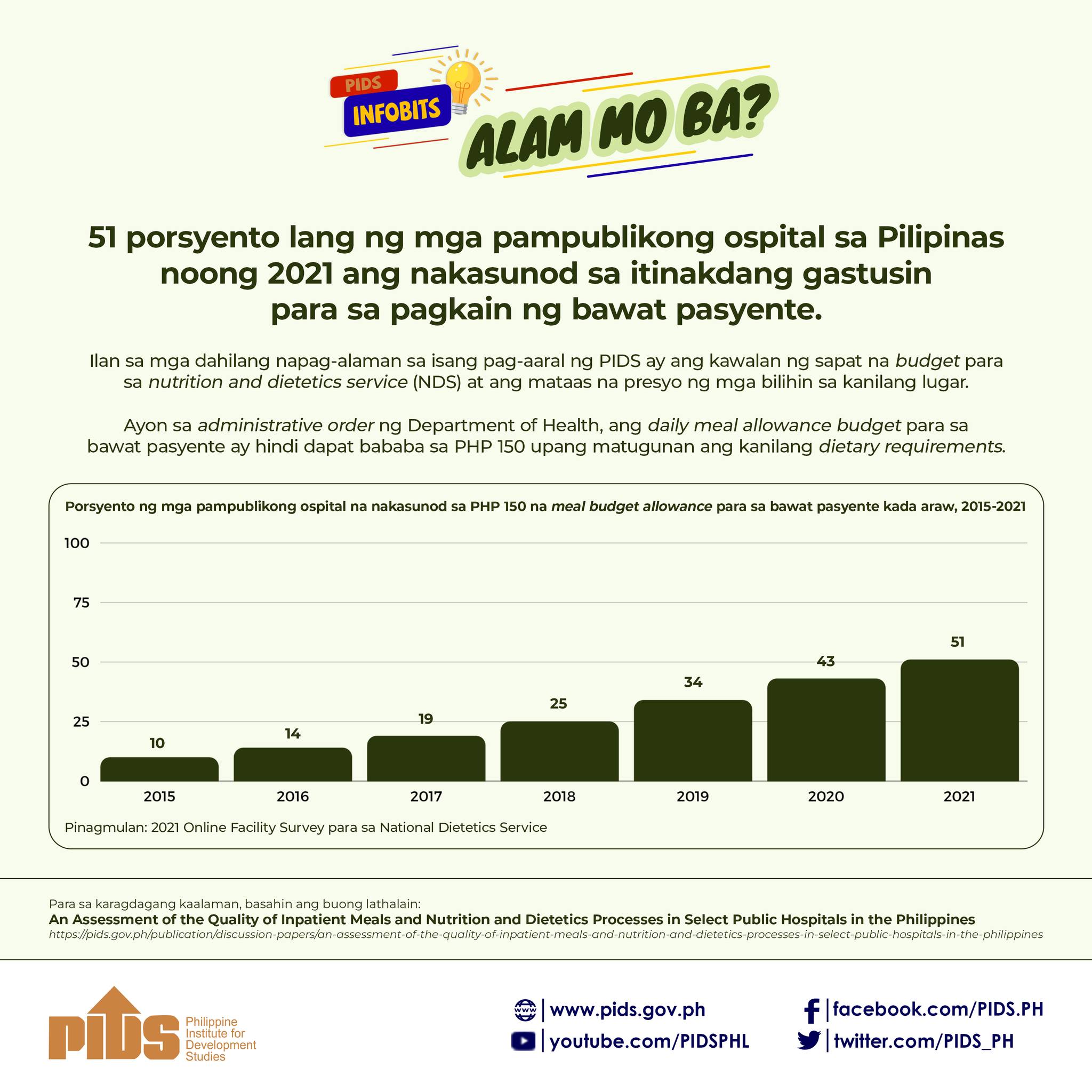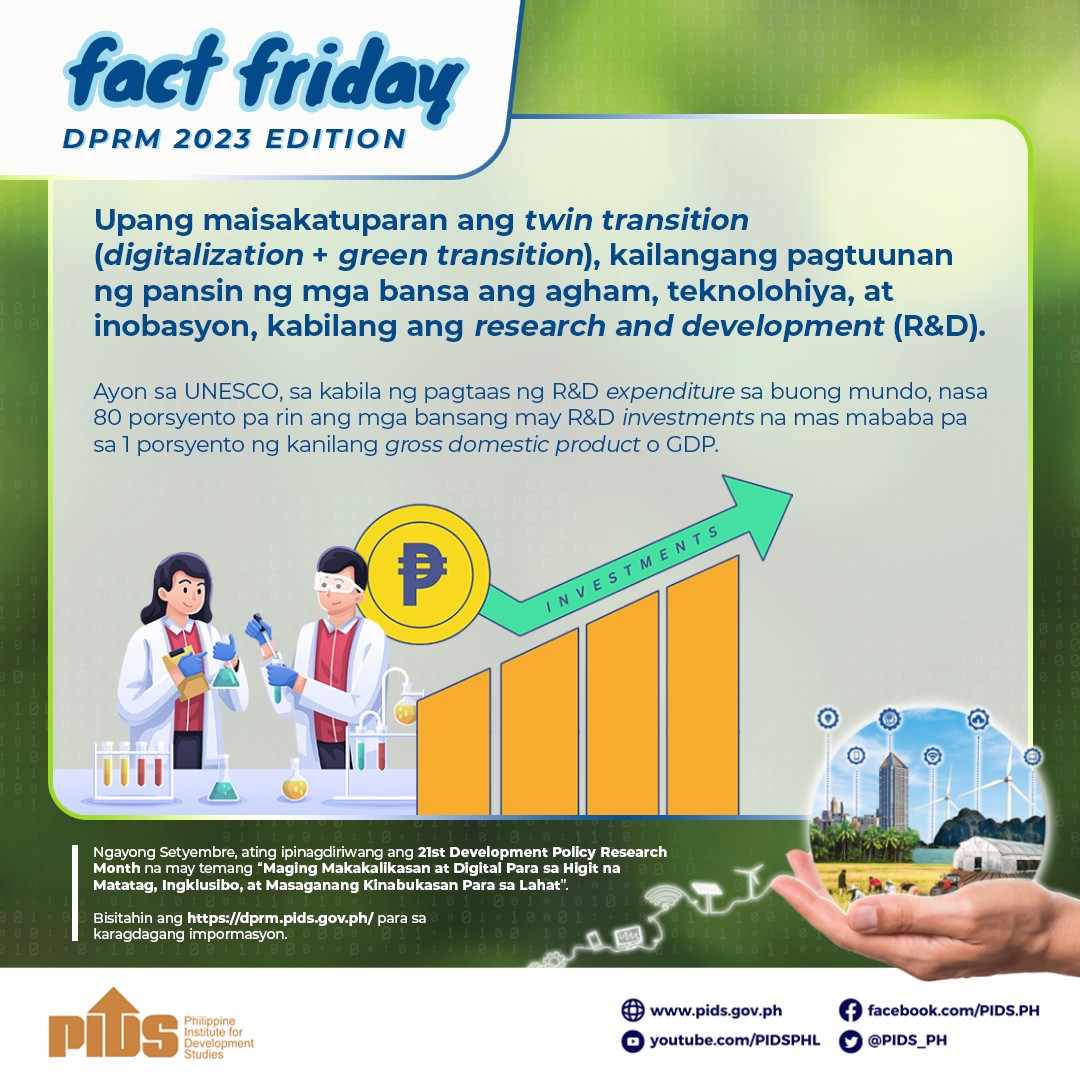SEN. Joseph Victor Ejercito and other senators moved at a Finance subcommittee hearing Wednesday to thoroughly “evaluate” the P194.63-billion budget of the Department of Social Welfare and Development (DSWD) for fiscal year 2023, seeking a review of the “4Ps” or Pantawid Pamilyang Pilipino Program to get “an honest assessment” of its effectivity as a strategy to alleviate poverty in the past several years.
“Of course, we must help our fellow Filipinos, especially the poorest of the poor but it seems that we are encouraging a culture of mendicancy,” the senator said, adding that the government should have an exit mechanism for 4Ps recipients.
This, as Department of Social Welfare and Development Secretary Erwin Tulfo vowed to execute a program evaluation along with the department’s sustainable livelihood program and exit mechanism for graduating 4Ps beneficiaries.
Secretary Tulfo, in presenting the DSWD’s budget before the Senate Finance Subcommittee, informed the panel that the bulk of DSWD’s proposed allocation amounting to P182.7 billion would finance the agency’s services and programs.
The Pantawid Pamilyang Pilipino Program or “4Ps” is the department’s top program in terms of allocation,” Tulfo said, adding this is followed by the grant of social pension to indigent senior citizens; and the agency’s services for families in difficult situations.
Presiding at the hybrid Senate panel hearing, Sen. Imee Marcos moved for the agency to level up its Pantawid Pamilyang Pilipino Program.
The senator reminded DSWD that under the law, 4Ps is a poverty reduction strategy that provides grants to extremely poor households to improve their health, nutrition and education.
She suggested the agency should study revising the law’s implementing rules and regulation (IRR) in order to concentrate on nutrition because of high prices of food.
On education, Marcos said it is time to expand this field from high school level to vocational-technical education to prepare and up-skill the beneficiaries. “These are the things that we have to look at in the IRR—still compliant with the law,” Marcos said, citing the Mexican experience that levels up the conditional cash transfer to include social and productive inclusion as an exit strategy.
Sen. Sherwin Gatchalian, meanwhile, also sought an evaluation of the effectiveness of the 4Ps.
Gatchalian opined that 4Ps has yet to achieve its objective of alleviating poverty among indigent households. He noted that under Republic Act No. 11310 or the 4Ps Act, the Philippine Institute for Development Studies (PIDS) is mandated to conduct an impact evaluation every three years to assess the implementation of the program.
Tulfo replied that impact evaluations previously conducted by the PIDS found gains in the rollout of the 4Ps which include, among others, increased school enrollment and attendance among children of household-beneficiaries to comply with the conditions of the program.
DSWD data submitted to the Senate panel, however, showed that despite the some P900 billion shelled out for the program since 2007, only 97,000 “graduated” from poverty. “It seems to me, that despite the effectiveness on participation rates of students . . .the challenge of breaking the inter-generational poverty is not happening. Despite the students going to school, they’re still poor,” Gatchalian said.
The senator called for a separate hearing on the 4Ps, saying the PIDS impact assessment “will give us a complete view on the program.” “That needs to be analyzed deeply, why inter-generational poverty is not breaking,” Gatchalian said.

